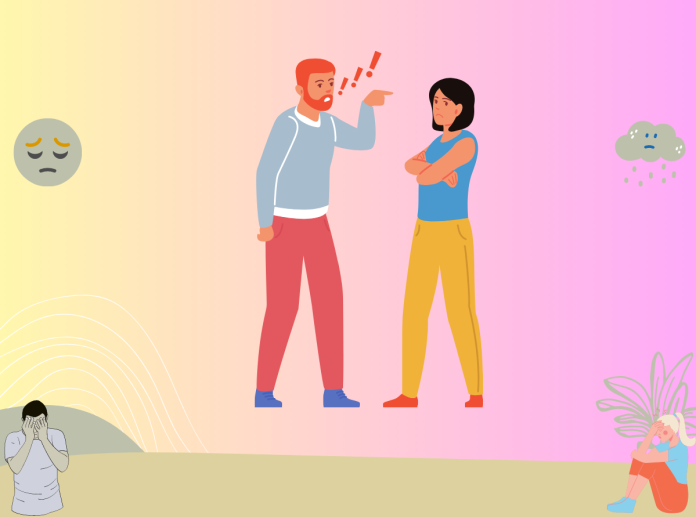There are friends and there are friends. Some treat us well, others don’t care, while some are deadly, outright.
Here are eight habits that you might want to avoid in people:
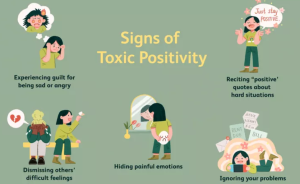
Toxic positivity. This is the pressure to only display positive emotions, suppressing any negative emotions, feelings, reactions, or experiences, according to blogspot BetterUp.
While this looks positive on the surface of it, truth is, it invalidates human experience and can lead to trauma, isolation, and unhealthy coping mechanisms.
Writer at UW Medicine McKenna Princing notes that toxically positive people have the tendency to always see the bright side of things, even when there is no reason to be positive. They often deny or minimize negative emotions, which can be harmful to their mental health and the mental health of those around them.
A research published in the J Happiness Studies says, “Having a positive outlook on life is good for your mental well-being. The problem is that life isn’t always positive. We all have painful emotions and experiences. Those emotions, while often unpleasant, need to be felt and dealt with openly and honestly to achieve acceptance and greater psychological health.”

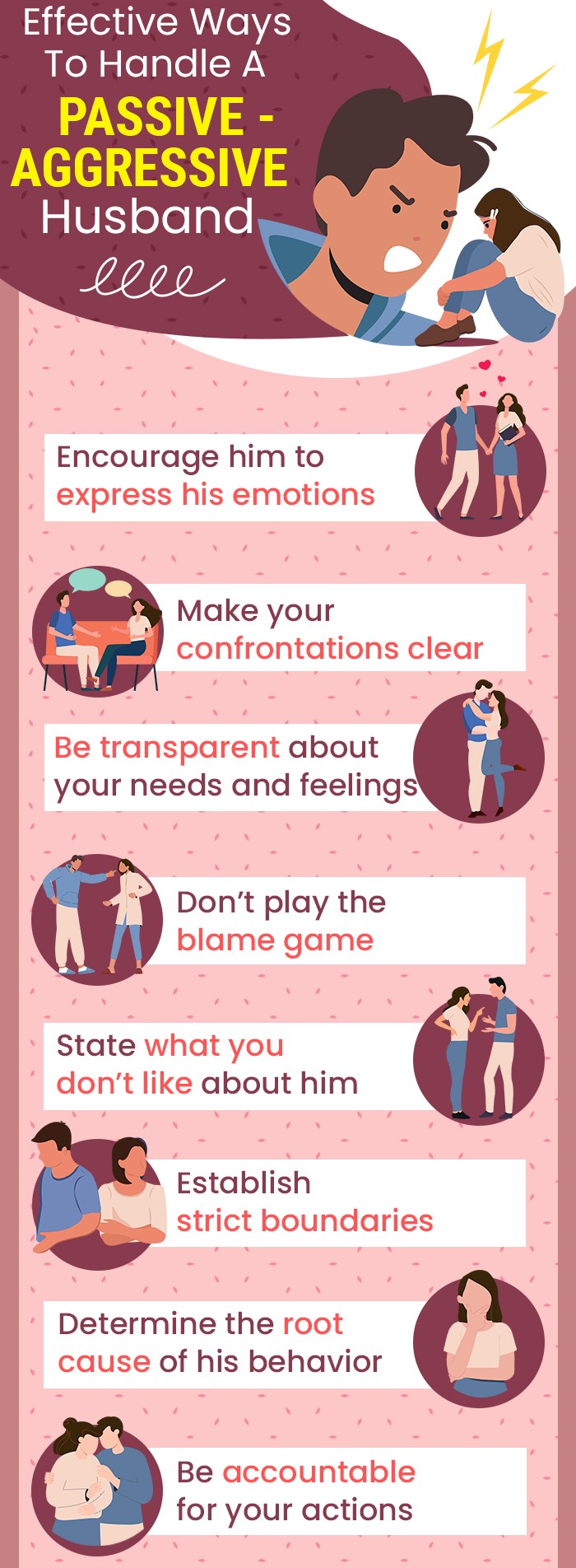 Passive-aggressive behaviour. According to experts at Mayo Clinic, passive-aggressive behavior is a pattern of indirectly expressing negative feelings instead of openly addressing them.
Passive-aggressive behaviour. According to experts at Mayo Clinic, passive-aggressive behavior is a pattern of indirectly expressing negative feelings instead of openly addressing them.
“There’s a disconnect between what a person who exhibits passive-aggressive behavior says and what he or she does,” says Dr. Daniel Hall-Flavin, who is board certified in general psychiatry and addiction psychiatry.
This is the indirect expression of negative feelings, such as anger or resentment. Passive-aggressive people often use sarcasm, guilt-tripping, or other manipulative tactics to get what they want.
Negativity bias. Negativity bias refers to our proclivity to “attend to, learn from, and use negative information far more than positive information,” says Psychologist Catherine Moore writing for Positive Psychology journal.

Psychologists describe this as the tendency to focus on the negative aspects of a situation, even when there are positive aspects as well. “People who have a negativity bias are often pessimistic, which can make it difficult to enjoy life,” they warn.
“For example, people are likely to focus on cures because diseases cause severe problems instead of prevention/resilience that focuses on improvements in the absence of a problem. That is because they don’t see negative information like risks, diseases, suffering, etc. when there is no problem.
“Those intolerant of uncertainty—those who want clarity—tend to exhibit the bias more. In certain cases where one wishes to reduce uncertainty, decisions may rely on negative interpretations,” experts at Heuristic Science Institute note
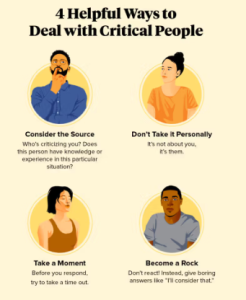 Criticism. This is the act of finding fault with someone or something. Critical people are often judgmental and harsh, which can make others feel bad about themselves.
Criticism. This is the act of finding fault with someone or something. Critical people are often judgmental and harsh, which can make others feel bad about themselves.

Gossip. This is the act of spreading rumours or talking about someone behind their back. People who gossip are often untrustworthy and manipulative, and they can damage relationships.
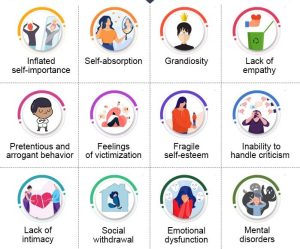
Narcissism. This is the excessive interest in oneself and one’s achievements. Narcissistic people are often self-centred and arrogant, and they may lack empathy for others.
Entitlement. This is the belief that one deserves special treatment or privileges. People who are entitled often expect others to do things for them and maybe rude or demanding.
Manipulation. This is the act of controlling or influencing someone else by devious or unfair means. Manipulative people are often dishonest and untrustworthy, and they may use others to get what they want.
Conclusion
Of course, everyone has their flaws and quirks. But if you find yourself consistently interacting with people who have these habits, it may be time to start distancing yourself from them.
These habits can be toxic and harmful to your mental health and well-being. So, it’s important to remember that you are not obligated to spend time with people who make you feel bad.
You have the right to surround yourself with people who are positive, supportive, and uplifting.

